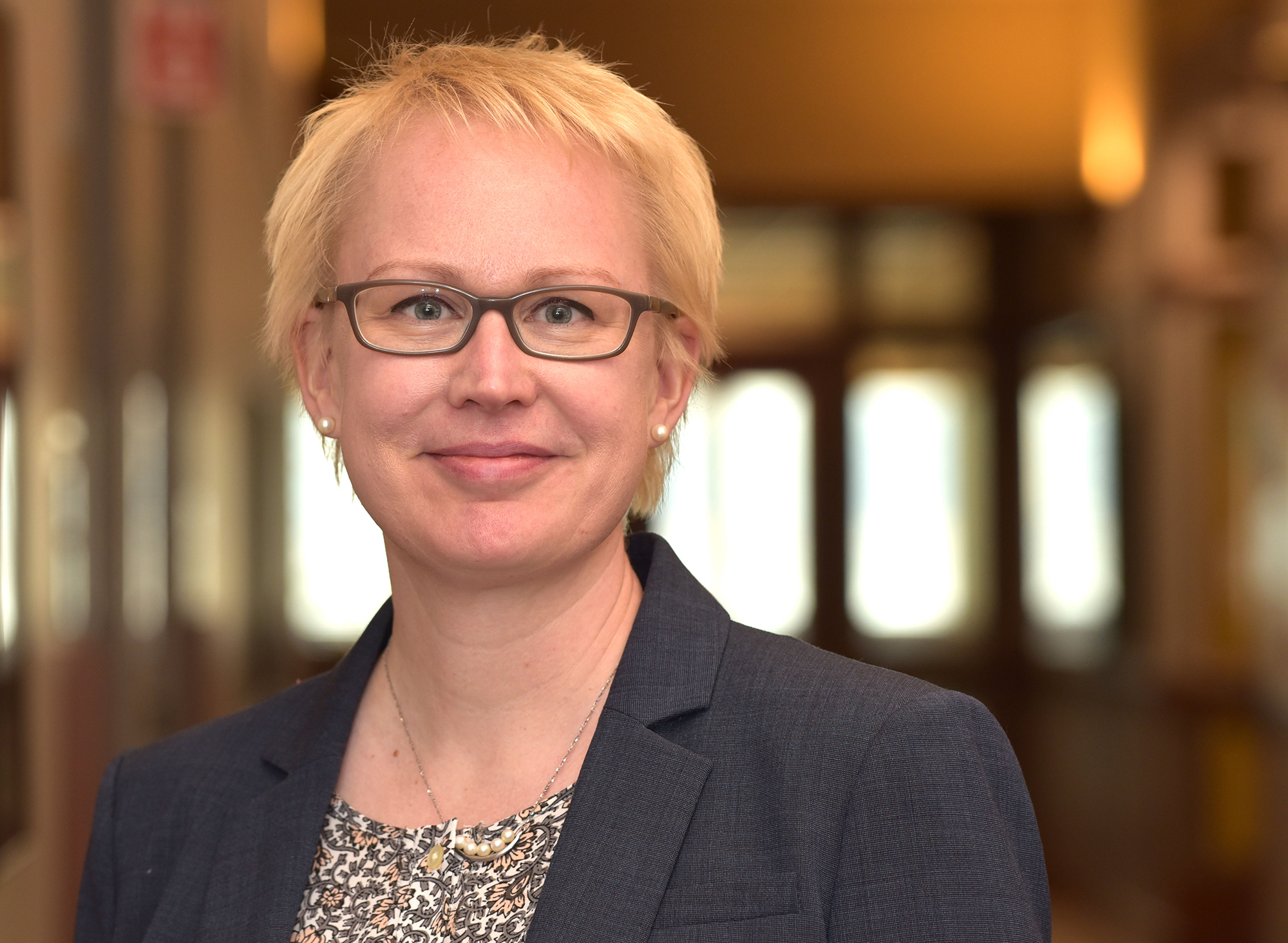 The report's co-authors observed entrepreneurship training programs throughout the city to identify methods for helping Chicago entrepreneurs thrive.
The report's co-authors observed entrepreneurship training programs throughout the city to identify methods for helping Chicago entrepreneurs thrive.
A well-run small business can help lead the resurgence of a neighborhood and become an anchor for the community. Entrepreneurs may struggle, however, to find the training they need to succeed. With a goal to help Chicago entrepreneurs thrive, new research by
DePaul University’s Coleman Entrepreneurship Center and The Coleman Foundation observed entrepreneurship training programs across Chicago to see what’s working and what needs more attention.
Researchers observed 16 entrepreneurship training programs across the city in 2019 and 2020. The programs serve nascent and aspiring entrepreneurs, micro-entrepreneurs, and business owners who seek to grow their local businesses, with a focus on the traditionally underserved South and West sides of Chicago.
“The entrepreneurs who these community organizations serve are at the forefront of lifting their neighborhoods up after the pandemic. Giving the community organizations resources to serve the entrepreneurs should be high on the list of priorities for everyone,” says Maija Renko, co-author of the study and professor of management & entrepreneurship at DePaul’s Driehaus College of Business.
Findings from "Analysis of Entrepreneurship Training Curricula in Chicago Community Organizations" include:
- Education for entrepreneurs may particularly benefit from focus on a mindset of self-starting behavior, innovation, identifying and exploiting new opportunities, goal-setting, planning and feedback cycles, and overcoming obstacles.
- Entrepreneurship education should engage students (both those who are starting businesses and those who are just considering it as an option) in active problem solving in real-life situations.
- Training programs could benefit from the inclusion of conceptual material, which may help students achieve financial success and maintain a business over an extended period.
- The “one-size-fits-all” entrepreneurship education approach may not be appropriate for everyone.
- Training that increases students’ entrepreneurial intentions increases their entrepreneurial behaviors over time, even if students take time to get involved in start-up actions.
 Maija Renko, Coleman Chair of Entrepreneurship
Maija Renko, Coleman Chair of Entrepreneurship
The researchers interviewed the training programs’ entrepreneurial students and their instructors, asking them specifically about curricula and the student-teacher relationship. They also reviewed curricula materials and observed training sessions to learn how the entrepreneur lessons were taught and received. Renko, the Coleman Chair in Entrepreneurship, collaborated on the project with Morgan C. Chase, a sociology graduate student and research assistant.
“This report provides a valuable perspective from university entrepreneurship educators on what excellent entrepreneur education might look like within community organizations,” says Clark McCain, senior program officer at the
Coleman Foundation, a Chicago-based philanthropic organization that supports entrepreneurship and sponsored the research. “It suggests what education is needed in many of Chicago’s community programs, notes their strengths and identifies what might be added to improve them. The goal is for entrepreneurs to be successful, and it is precisely these programs that can help someone grow their business and lead the economic emergence of their neighborhood and our broader community."
Entrepreneurship training through a pandemic
While the community organizations in the report pivoted quickly to an online format once the
COVID-19 pandemic hit, entrepreneurs needed even more hands-on, personalized assistance than before, says Renko.
Next steps
The researchers reported several opportunities for program development including:
- Work with entrepreneur instructors on how to teach effectively.
- Bring together instructors from various entrepreneur programs around the city to share and learn.
- Develop more course content on expanding product and service offerings.
- Emphasize sales by featuring it explicitly in its own session.
- Provide a specific focus on technology.
- Have capital set aside to provide for the most promising students and business ideas.
“When we rise from the pandemic, economic development will have to come from communities to be inclusive,” says Renko. “Here’s a study that shows how community organizations can directly help community entrepreneurs
develop their businesses in a way that helps them grow and helps others get started. There are two kinds of entrepreneurs — those who are already in business and are looking to grow their business, and those that have the initiative and interest in starting a business but they don't have the tools yet.
“The findings from this study should help policymakers at every level and organizations point out what’s working well right now in the communities and training programs, and the areas where minimal investment could lead to impactful programing. The initiative is there. The people are there. They are eager, so let's put some more resources in their hands and see what comes out of it,” Renko adds.
The full report is available at
http://bit.ly/coleman_report.
Learn more about: